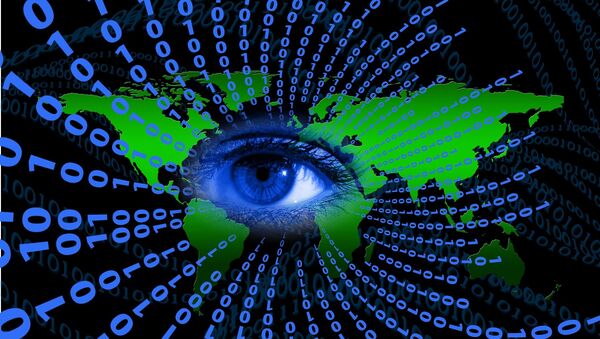Facebook encryption would undermine the UK's ability to fight terrorists and protect children from paedophiles, said the Home Office's head of national security. In a 15-page letter to the US Senate Judiciary Committee that holds hearings on Facebook encryption, Chloe Squires wrote that the social media giant's decision to boost its security would give criminals "a place to hide" as intelligence agencies won't be able to intercept and read their communications.
"In most cases, the investigation is taking place before an attack has occurred and the primary objective of our agencies is to stop it from happening and prevent innocent people from being killed on our streets", Chloe Squires wrote in her letter to the US Senate committee.
The Home Office's head of national security said that had Facebook introduced end-to-end encryption in recent years, 26 million pieces of terrorist material that were uncovered between October 2017 and March of this year would have gone unnoticed. The same fate would have befallen 12 million reports of child sex abuse that led to 2.500 arrests.
"Those numbers are hard to comprehend, and it is worth pausing to reflect on them. That is almost 3,000 children who could otherwise go on being abused, raped and degraded, and having their lives ruined", Chloe Squires wrote in a letter.
End-to-end encryption is a way of sharing information, which allows only the sender and recipient to access it. That means that even Facebook cannot get access to users' messages and their content.
The British government and its allies of the Five Eyes group, comprising Australia, Canada, New Zealand and the United States, seek lawful access to Facebook's encryption. Still, the company has rejected calls to create a backdoor into messages on its social media website and its other platforms like WhatsApp, which already use end-to-end encryption. Facebook says that limiting the amount of data it can access, limits the amount that can be stolen by hackers or state actors.
"The use of end-to-end encryption by the perpetrators of terrorism and other serious crimes negates the ability of our law enforcement agencies to gain access to content in these circumstances, which creates a severe diminution in those agencies' abilities to protect the public from harm", Chloe Squires wrote in her letter.
Earlier this year CEO Mark Zuckerberg commented on concerns expressed by governments, organizations and even the company's employees, saying he is positive that encryption wouldn't interfere in efforts to combat terrorism and paedophilia.


